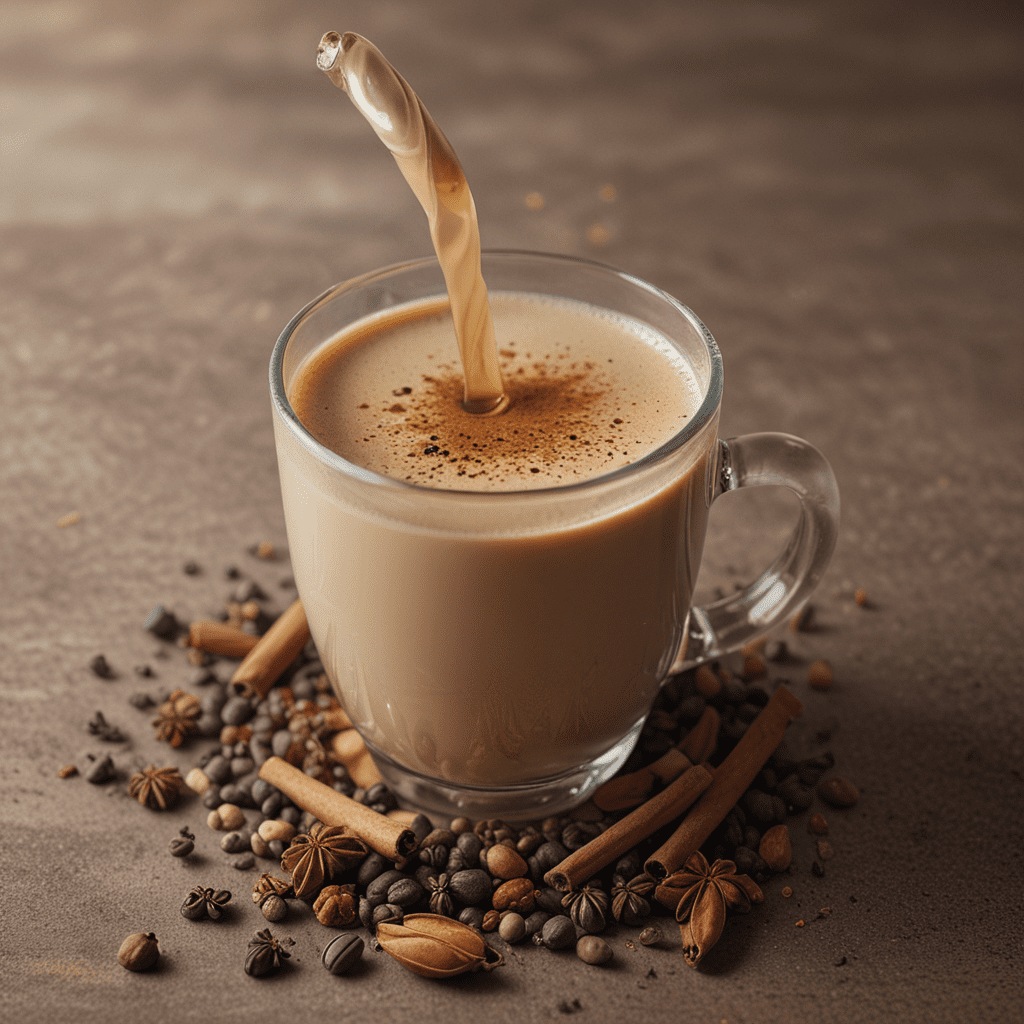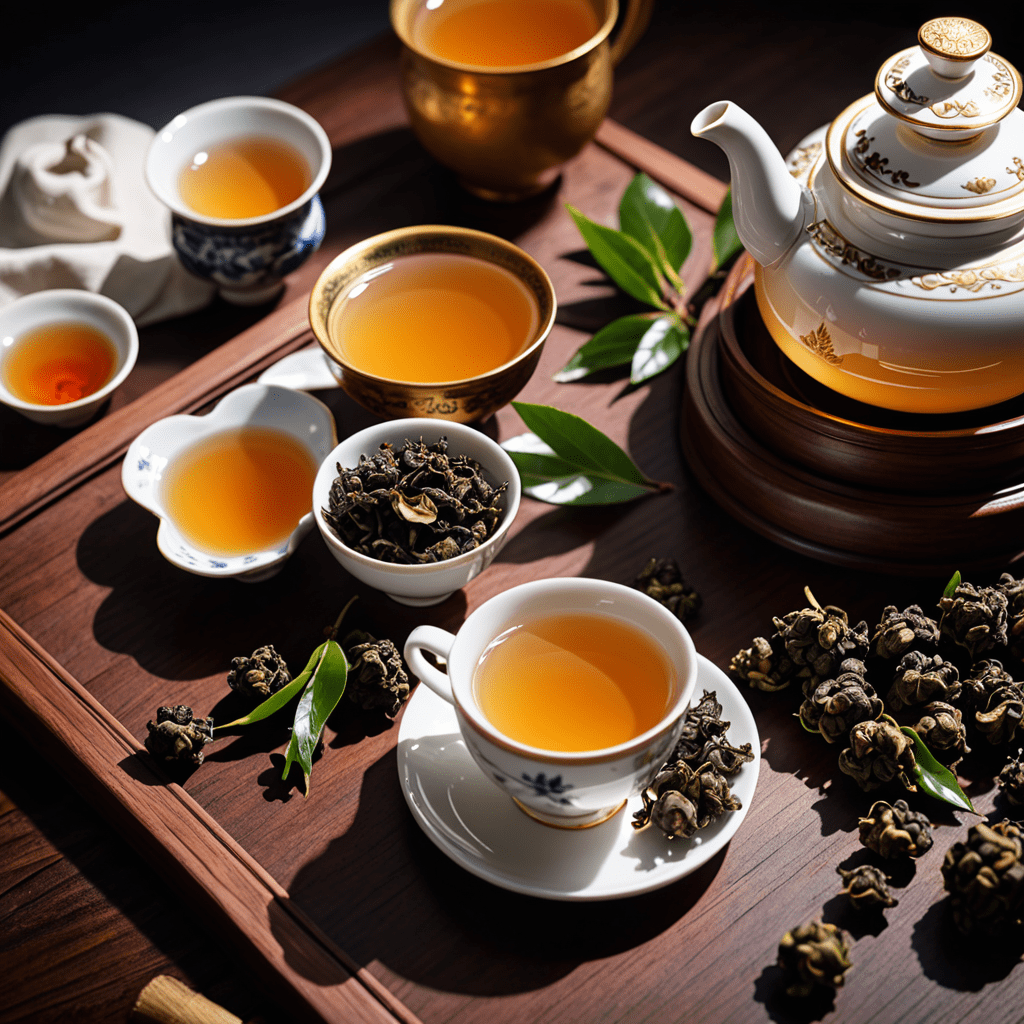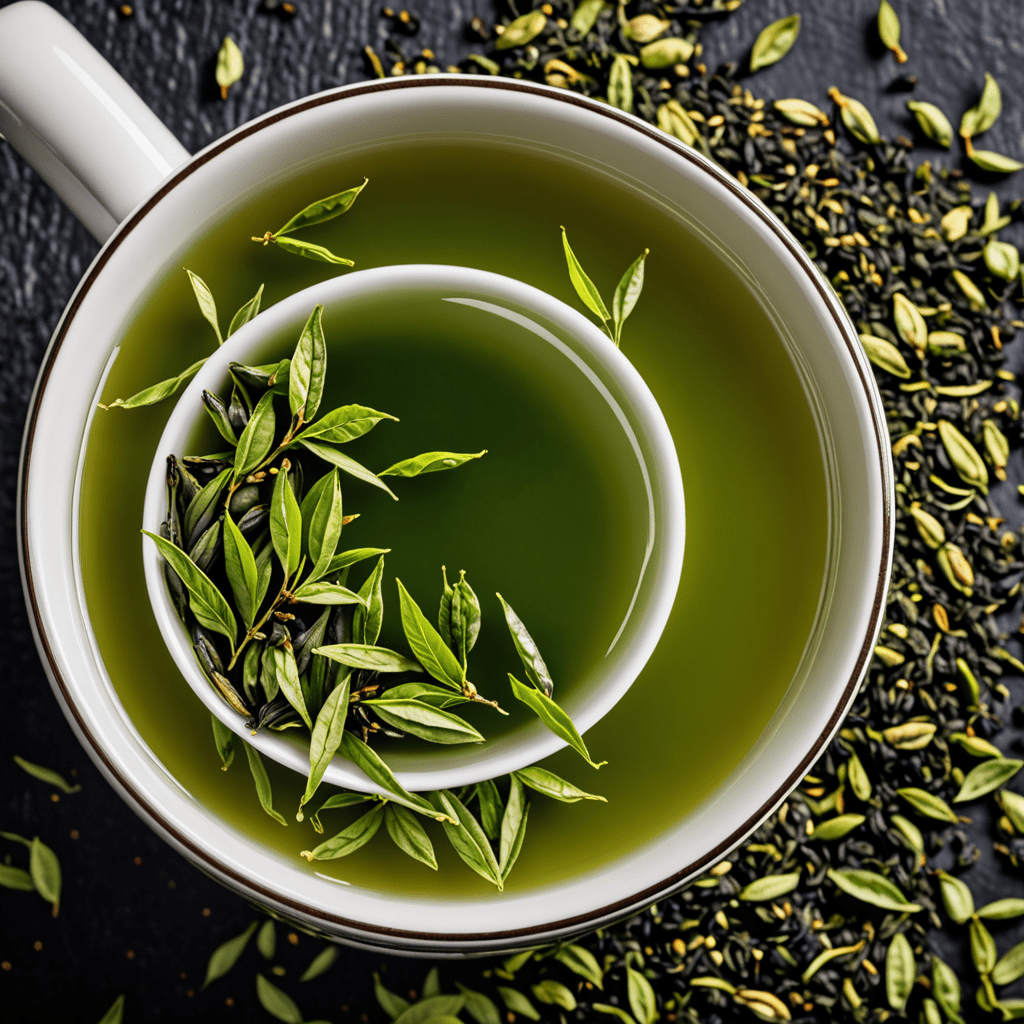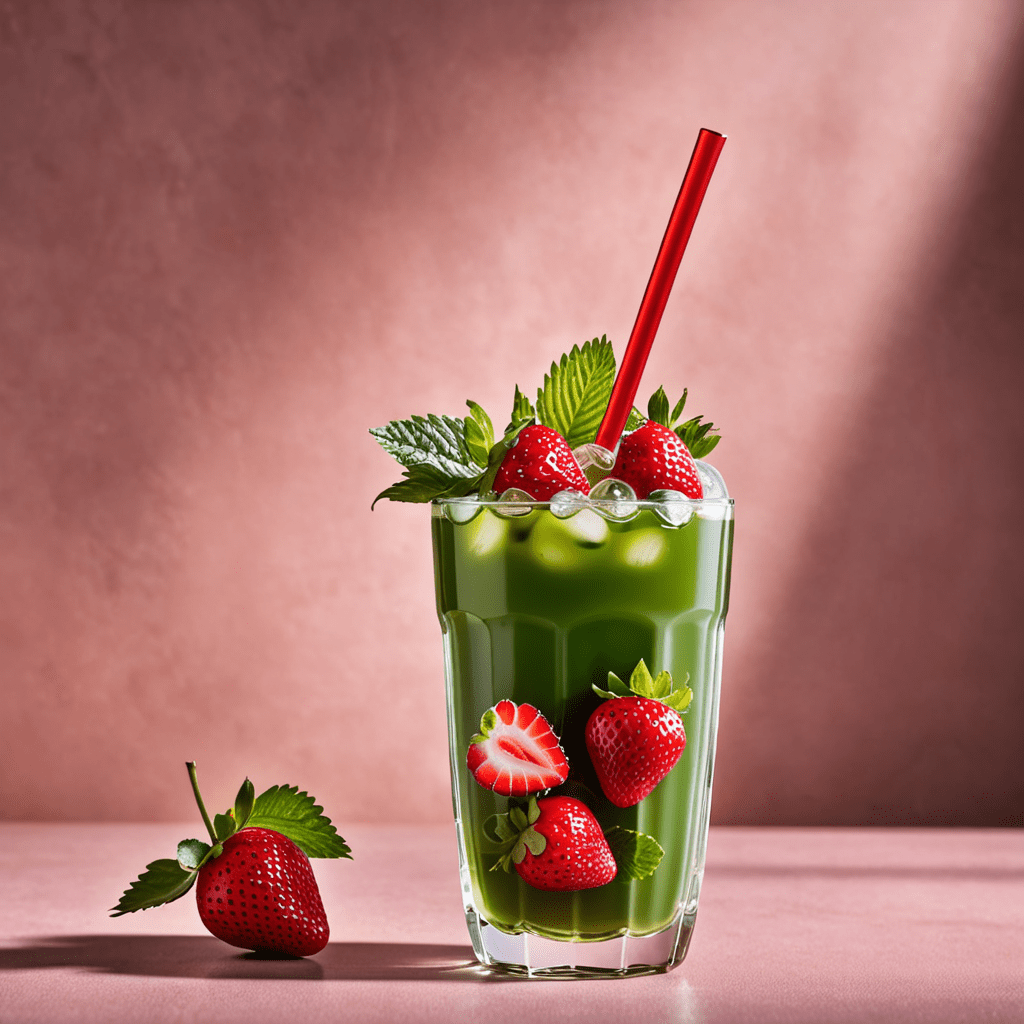Introduction to Chai Tea: Origins and History
Chai tea, a beloved beverage hailing from the Indian subcontinent, has captivated taste buds for centuries. Its origins can be traced back to the ancient practice of Ayurvedic medicine, where aromatic spices were blended into a healing concoction. Over time, chai evolved into a social and cultural staple, warming homes and fueling conversations in countless households. Today, it continues to enchant tea enthusiasts worldwide, embodying the rich tapestry of flavors and traditions that have shaped its journey.
The Aromatic Spice Blend: Key Ingredients
The essence of chai lies in its harmonious blend of spices, each contributing a distinctive note to the overall symphony. Cinnamon, with its warm and woody aroma, forms the backbone of the spice profile. Cardamom, with its refreshing and slightly minty undertones, adds a layer of complexity. Ginger, known for its invigorating spiciness, brings a touch of heat and vitality. Cloves, with their pungent and slightly bitter flavor, provide depth and balance. Black pepper, a surprising yet integral ingredient, lends a subtle peppery kick that enhances the overall experience.
Variations in Regional Chai Traditions
Across the vast expanse of the Indian subcontinent, chai boasts a myriad of regional variations, each reflecting the unique culinary heritage of its birthplace. In North India, chai is typically prepared with a strong black tea base and a generous blend of spices. South Indian chai, on the other hand, features a lighter tea base and a more restrained use of spices, allowing the delicate flavors to shine through. Kashmiri chai, renowned for its rich and luxurious texture, incorporates almonds, saffron, and pistachios, transforming it into a decadent treat.
Preparation Methods: From Stoves to Steeps
Brewing chai is an art form, with various methods yielding distinct flavor profiles. The traditional approach involves simmering a mixture of tea leaves, spices, and milk on the stovetop, allowing the flavors to meld and deepen. For a quicker and more convenient preparation, tea bags or pre-mixed chai blends can be steeped in hot water, infusing the liquid with the aromatic essence of chai. Cold-brewed chai, prepared by steeping tea leaves and spices in cold water overnight, offers a refreshing and less intense alternative.
Health Benefits of Chai: Spice-Powered Wellness
Beyond its captivating flavors, chai is also revered for its potential health benefits. The spices used in chai, such as cinnamon, ginger, and cardamom, possess antioxidant and anti-inflammatory properties. These compounds may contribute to overall well-being by supporting digestion, reducing inflammation, and potentially boosting immunity. Additionally, the warmth and comfort associated with sipping chai can provide a calming and soothing effect, promoting relaxation and reducing stress.
Culinary Versatility: Chai in Sweet and Savory Delights
The versatility of chai extends beyond its traditional role as a warm beverage. Its aromatic profile lends itself to a wide range of culinary creations, both sweet and savory. Chai-infused cakes, cookies, and pastries delight with their fragrant warmth and subtle spiciness. Chai syrup adds a touch of exotic sweetness to cocktails, coffee drinks, and desserts. Savory dishes such as curries, marinades, and even grilled meats are transformed with the addition of chai spices, creating a harmonious blend of flavors.
The Ritual of Chai: A Cultural Experience
Chai is more than just a beverage; it is deeply ingrained in the cultural fabric of the Indian subcontinent. The preparation and consumption of chai is often a ritualistic experience, shared among family and friends. The aroma of freshly brewed chai fills homes, inviting warmth and conviviality. In many regions, chai is offered as a gesture of hospitality, a symbol of welcome and connection.
Modern Adaptations: Chai-Inspired Innovations
In recent years, chai has gained immense popularity beyond its traditional borders. Its unique flavor profile has inspired a wave of innovative products and adaptations. Chai-flavored lattes, iced teas, and even kombucha have emerged, introducing the world to the versatility and appeal of this beloved beverage. Cold-brewed chai, with its refreshing and less intense flavor, has become a popular choice for those seeking a healthier and more invigorating alternative.
Chai and Sustainability: Ethical Sourcing and Practices
As the demand for chai grows globally, ethical sourcing and sustainable practices have become increasingly important. Tea plantations and spice farms are adopting responsible methods to ensure the preservation of natural resources and the well-being of workers. Fair trade practices promote fair wages and safe working conditions, ensuring that the chai we enjoy is not only delicious but also ethically produced.
Conclusion: Chai Tea as a Culinary and Cultural Tapestry
Chai tea is a culinary and cultural treasure that has captivated taste buds for centuries. Its aromatic blend of spices, variations in preparation methods, and health benefits make it a beverage that transcends time and geography. Whether enjoyed as a warm and comforting drink, incorporated into culinary delights, or shared as a ritualistic experience, chai continues to weave its flavorful tapestry, connecting people and cultures around the world.
FAQs
1. What is the difference between chai and tea?
Chai is a tea-based beverage that incorporates a blend of aromatic spices, while tea typically refers to a beverage made solely from the leaves of the Camellia sinensis plant.
2. What is the best way to prepare chai?
The traditional method involves simmering a mixture of tea leaves, spices, and milk on the stovetop. However, pre-mixed chai blends and tea bags offer a convenient alternative.
3. Can chai be prepared without milk?
Yes, chai can be prepared without milk by using water or a plant-based milk alternative.
4. What are the health benefits of chai?
Chai may offer potential health benefits due to the presence of antioxidants and anti-inflammatory compounds in the spices it contains.
5. Where can I find authentic chai?
Authentic chai can be found in Indian restaurants, specialty tea shops, and online retailers that specialize in Indian cuisine.



